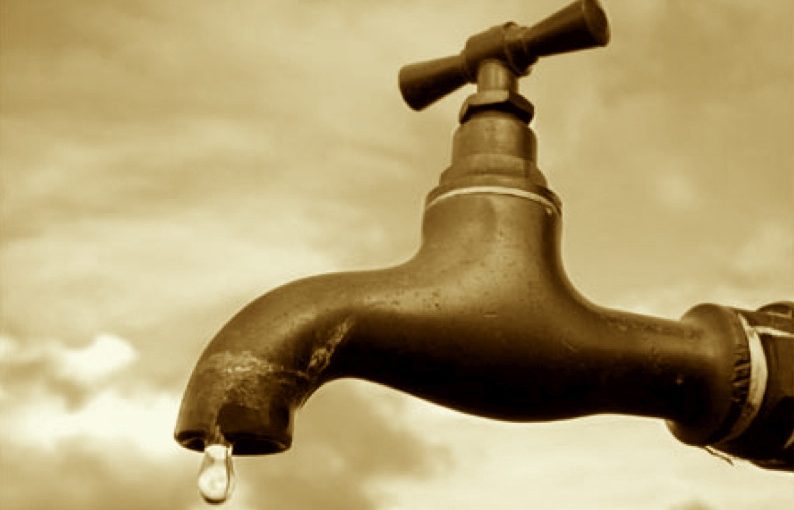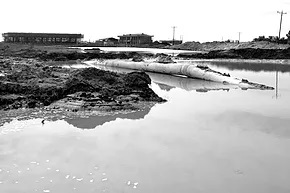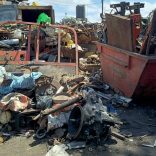Mozambique: New wave of attacks in Cabo Delgado displaces about 47,000 - NGO
More than 60,000 without water in Beira and Dondo – Mozambique

File photo
More than 60,000 FIPAG customers in of Beira and Dondo in Sofala province are still without water after second section of pipe was ruptured on Sunday night.
The rupture is in the vicinity of the area known as the “Curve of Death”, where toll road construction work is underway as part of the rehabilitation of the N6. According to the water supplier FIPAG, both the first and second bursts were the responsibility of the N6 contractor AFECC.
In an interview with Diário de Moçambique yesterday, FIPAG’s regional coordinator Garbaldino Zeca said 60,0000 of the supplier’s customers were affected by the cessation in service.

“The two cities are currently without water because we use an integrated system. All the pumps are stopped because of the work that is going on, which is why Beira and Dondo are without water,” Zeca said. The first damaged section, located near the Mutua pumping station, has already been repaired, he added, and work on the second breach was under way.
At 5:30 p.m., when our team established contact with FIPAG on the ground, work was still ongoing. The water flooding the site had been pumped off and the conduit was clean.
Beira started to be supplied restrictively through the Munhava station on Sunday.
“The losses resulting from this situation are still being calculated. In terms of work, as you can see, we are working to prevent the water leaking from the damaged length of pipe. We forecast completion of the works today (yesterday) and the supply resuming tomorrow (today),” he explained.
According to Zeca, the N6 rehabilitation contractor is in possession of the map indicating the pipeline that supplies Beira and Dondo.
“We made available to the contractor, through the National Highway Administration (ANE), all the pipeline profiles, and even nominated a technician to work with the company if need be,” he explained.
But his statements were disputed by Sofala National Road Administration representative Daniel Machaieie, in whose opinion one could not blame the contractor without concrete proof.
“The point is simple – evidence needs to be presented as to under what circumstances this may have happened. Today (yesterday) I was on the spot with the director of FIPAG and no complaint, in that sense, was presented to me,” he said.
While work to restore supply continues, long queues are forming at well-points, with four to five meticais being charged for a 20-gallon can of water. In the Alto da Manga neighbourhood, there are reports of wells drying up owing to pressure from consumers, who even no longer care about water quality.
“Across the neighbourhood, many wells are drying up and running out of water. Demand is rising and rising. I got up at 5:00 a.m. but even so I only got four cans,” resident Antónia Julinho said.
“People no longer care about what happens – they’re drinking the well water regardless. From 5:00 p.m., I only managed to fill six cans and I live far away, but what can you do?” Alto da Manga resident Eugénio José asks.
Our reporter also interviewed Chitembo, a worker in a public bathhouse in the Maquinino market. He said the days were difficult for lack of water. “Without water, our work is practically impossible. But we cannot close the bathrooms because the market needs them. It’s difficult, very difficult indeed. We have to carry the water and sometimes we even have to pay.”












Leave a Reply
Be the First to Comment!
You must be logged in to post a comment.
You must be logged in to post a comment.